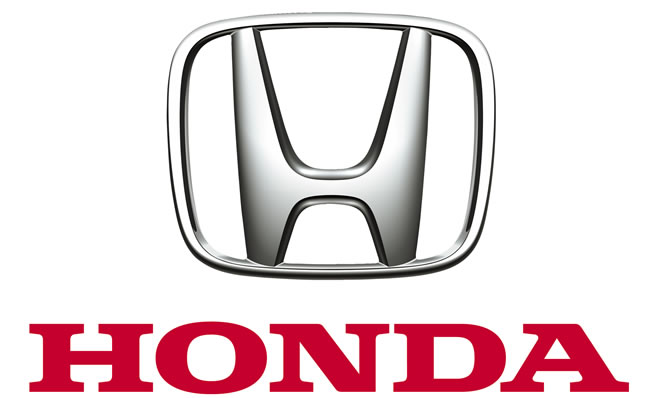AUTONEWS
Honda has disagreement with Toyota over hydrogen
Hydrogen is, for some manufacturers, the fuel of the future, in part because it is abundant in nature and simple to produce. There is consensus that the best use for this gas is to be used to produce energy in a hydrogen fuel cell, to power an electric vehicle, but there are manufacturers who see hydrogen as a way to continue selling combustion engines and avoid investments in new platforms for trams and their batteries. However, not everyone agrees, with Honda saying it believes rival Toyota's strategy for combustion engines to burn hydrogen is not viable.
Toyota and Honda are the biggest Japanese manufacturers, both in sales volume and in profit, especially the former, which is the best-selling brand in the world. The two manufacturers worked for years on hydrogen fuel cells, not least because decarbonization is also an objective of the Japanese government, which subsidized developments around this gas. Toyota produced the Mirai and Honda the Clarity, both producing on-board electricity with fuel cells, but Toyota recently made it clear that it intended to move forward with hydrogen as a fuel in gasoline engines adapted to burning this gas.
Honda CEO Toshihiro Mibe recently commented on the options of using hydrogen in vehicles as a fuel. It is a fact that this Japanese manufacturer abandoned the production of Clarity and, with it, the production of fuel cell vehicles, but he always argued that this did not imply putting aside this technology. Honda's choice was in part motivated by the faster evolution of battery technology compared to fuel cells in terms of efficiency and cost. This allied to the greater popularity, among the public, of the accumulators. Toyota, which from the beginning led the production of fuel cell cars, has already introduced the 2nd generation of fuel cells and promises the 3rd in a few years, stating that it will already be competitive with batteries. Which obviously depends on the evolution that the accumulators will not fail to register.
Returning to Toshihiro Mibe's statements, he began by stating that Honda started studying the use of hydrogen as a substitute for gasoline in combustion engines 10 years ago, and then declared that, unlike Toyota, Honda does not see hydrogen as a viable fuel in automobile combustion engines. Honda's doubts must be related not to the advantages of burning hydrogen, which actually does not produce carbon dioxide (CO2), but to pollutants resulting from combustion, such as NOx, since nitrogen oxides cause acid rain. and an endless list of serious diseases in humans, from cancer to respiratory and heart problems. Of course, with the use of more technology, NOx emissions can be reduced, but they will hardly be cancelled.
In conversation with Automotive News, the CEO of Honda reveals that they have considered and investigated “all possibilities” of exploring hydrogen. “As far as burning hydrogen is concerned, we decided 10 years ago that hydrogen combustion engines will not be a relevant solution,” he declared. However, Honda produces a small private jet, for which battery-powered electric motors are unfeasible. For this type of use, burning hydrogen may have advantages over jet fuel
While the future of hydrogen combustion engines does not look bright, although Toyota and some German manufacturers try to pressure Brussels to accept this technology as “green”, the reality is that hydrogen fuel cells are increasingly emerging as more credible and even desired. . For light, passenger or commercial vehicles, they will be an option to take into account for mass marketing in a hypothetical 3rd generation of this technology, with lower costs. But even today, fuel cells are a viable option for a range of vehicles, from ships to trucks.
Mundoquatrorodas


Nenhum comentário:
Postar um comentário